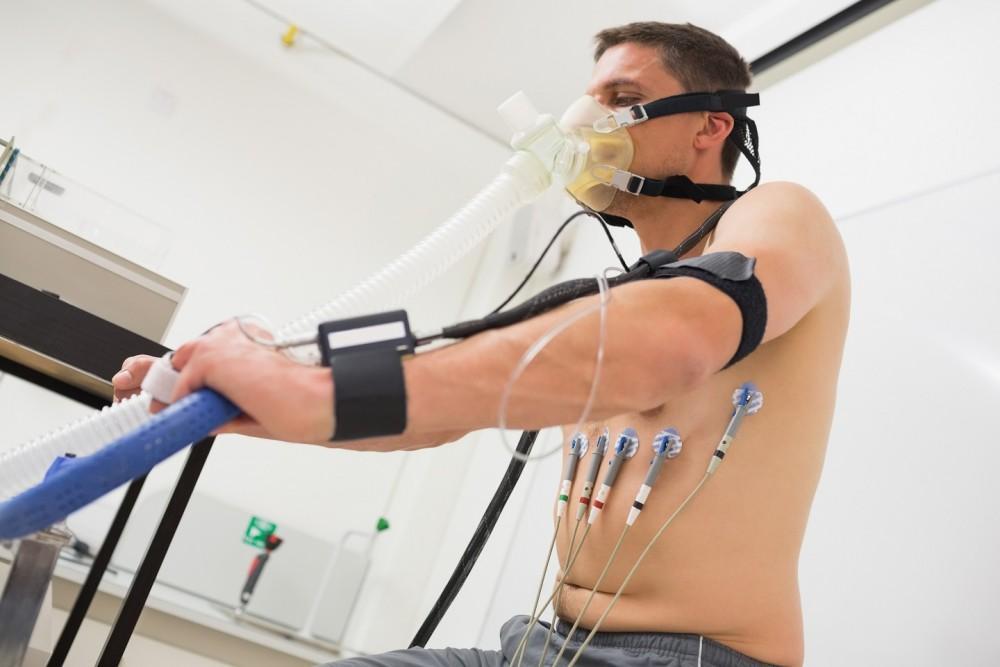Nuclear Cardiac Stress Test:

Nuclear Cardiac Stress Test:
A nuclear cardiac stress test is a diagnostic procedure used to evaluate the blood flow to the heart muscle during both rest and stress conditions, typically induced by exercise or medication. It involves injecting a small amount of radioactive tracer into the bloodstream through an iv, which travels to the heart and is captured by a special camera to create detailed images of the heart’s blood flow.
There are two main types of nuclear cardiac stress tests: 1. Exercise stress testing, where the patient walks on a treadmill to gradually increase their heart rate. Once greater than 85% of maximum predicted heart rate is achieved, radio-tracer is injected into the blood stream to obtain the stress images. 2. Pharmacologic stress testing, is where a medication ( such as Lexiscan ) is used to simulate the effects of exercise for patients who are unable to physically exercise. Following this medication, the radio-tracer is then injected into the blood stream to obtain the stress images. Neither this medication nor the radio-tracer contain any iodine.
These tests help identify areas of reduced blood flow, which can indicate coronary artery disease or other heart conditions.
While the test is generally safe, there are some risks involved, including a rare allergic reaction to the radioactive tracer, arrhythmias, or chest pain during the stress portion of the test.

How to prepare for your test:
To prepare, patients should avoid eating, drinking, or smoking for at least 4 hours before the test, as instructed by their healthcare provider. Avoid applying lotions to your chest or arms as this may interfere with the adherence of the electrodes . Patients should also avoid caffeine 24 hours prior to the procedure and avoid certain medications that may interfere with the test. Please make sure that you drink at least 64 ounces of fluids starting one day prior to your procedure to make sure that you’re well hydrated and facilitate placement of iv line. Patients are advised to wear comfortable clothing and shoes suitable for exercise if they are undergoing the exercise stress test. It’s important to bring a list of current medications and inform the healthcare provider of any conditions that might affect the test, such as asthma or severe arthritis.
. 



